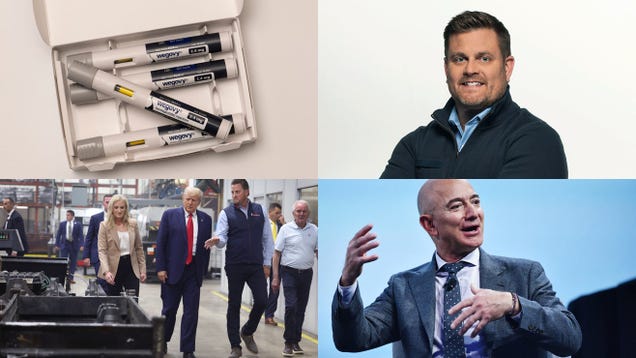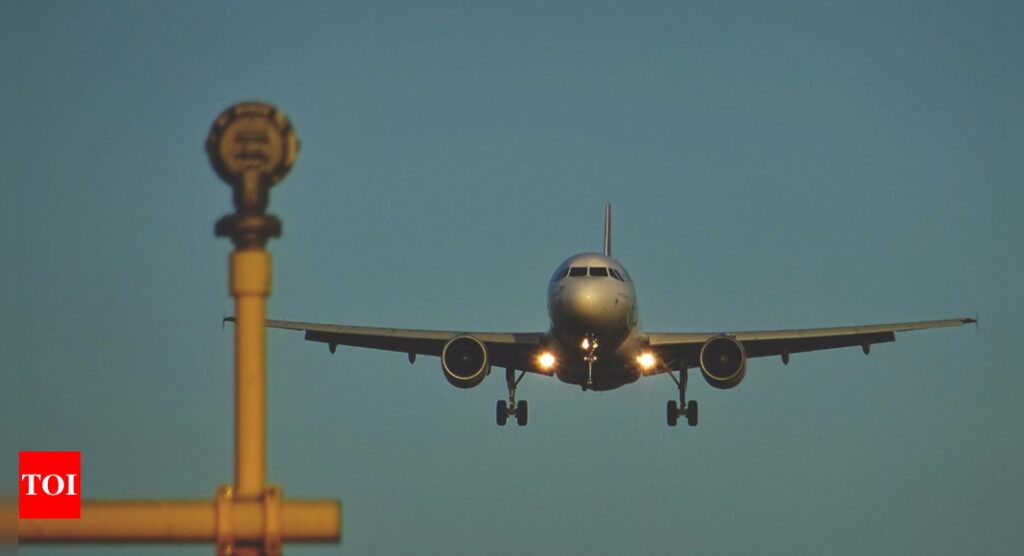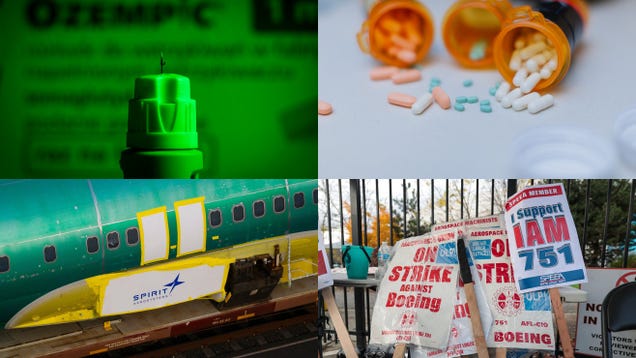MAK in India: From Thiruchengode to global stage

Business new tamfitronics
Manickam Athappa Gounder walked six km to school for six years to clear SSLC. This farmer’s son from a small village called Pazhayapalayam in Thiruchengode taluk went on to do electronics and computer engineering (ECE) at PSG Tech in Coimbatore in the early 1970s. Over the next 50 years, he set up MAK Controls & Sytems, India, and Air MAK Industries, USA.
MAK, as he now calls himself after his US exposure, has handed over the day-to-day operations of his mainstream business to a team of young professionals that includes his son.
He now works with farmers in Panruti, Salem and Erode to improve productivity, walking with them to prevent pollution of Noyyal river by Tirupur dyers; supplies sewage cleaning kits for household septic tanks in cities such as Chennai; and makes paver blocks from non-biodegradable waste.
“Like so many others in the 1940s-50s, I was born to a poor farmer. But my father was not poor at heart. Responding to a call from chief minister K Kamaraj, he built a primary school in our village, in which I studied,” says MAK, now 75.
After high school, he joined a five-year engineering course at PSG Tech, Coimbatore, where education was free and he had to pay only the hostel fees. The institution even arranged a loan for him at `5,000 per annum.
“I got a job offer from the Indian Navy during my fourth year itself. My father did not permit me to take it. After completing the five-year course, most of us got offers to study for free in the US. But my father reminded me of the free education provided by Kamaraj to people in Tamil Nadu and wanted me to do something here itself,” he says.
“Instead of working, I wanted to set up my own business and started one in 1973 with `15,000 I saved during my college days. From the beginning, I decided I will make only proprietary products for requirements of industries,” he says. The big break came when Leyland had a problem handling its 72 engine beds to test engines. Batteries were used to start the engines, but they lasted only two starts. They had to replace the batteries at least three times a day and a large team was employed just to handle that. “I studied the problem, created a rectifier that was attached to each engine bed and there was no need to change the batteries. Word of mouth spread and we got orders from abroad,” says MAK.
In the next phase, the company made ‘rectifiers’ for the six sea harrier aircraft that Indian Navy had stationed in Goa. “The aircraft are long gone, but our rectifiers are still working. This association next took us to the Indian missile programme, for which we supplied the ground power units (GPUs). We also were the first to supply diesel-driven GPUs for the grounded A320s in India and later to other airlines abroad. Today we supply the GPUs for all Indian missiles including Brahmos, as well as to aircraft with the Indian Air Force,” adds MAK.
To cut a long story short, the company entered the US in 1997 and went on to develop diesel GPUs and air start units for aircraft and engines for leading aerospace companies. “We showed them what we can do in manufacturing, offering critical solutions by establishing a base in their own country. All research work happens here in Coimbatore with our own engineers,” he says.
MAK Control, which has a turnover of around `300 crore, now employs more than 800 people here. “My focus is on two things now – improve farm productivity and farmers’ earnings by laying thrust on organic farming and reducing the use of chemical fertilisers. We have developed off-the-shelf organic manure and pesticides. The other focus is to address the threat of pollution, especially from urban sewage, by getting to the root of the problems at the source,” he says.



 Hot Deals
Hot Deals Shopfinish
Shopfinish Shop
Shop Appliances
Appliances Babies & Kids
Babies & Kids Best Selling
Best Selling Books
Books Consumer Electronics
Consumer Electronics Furniture
Furniture Home & Kitchen
Home & Kitchen Jewelry
Jewelry Luxury & Beauty
Luxury & Beauty Shoes
Shoes Training & Certifications
Training & Certifications Wears & Clothings
Wears & Clothings
















